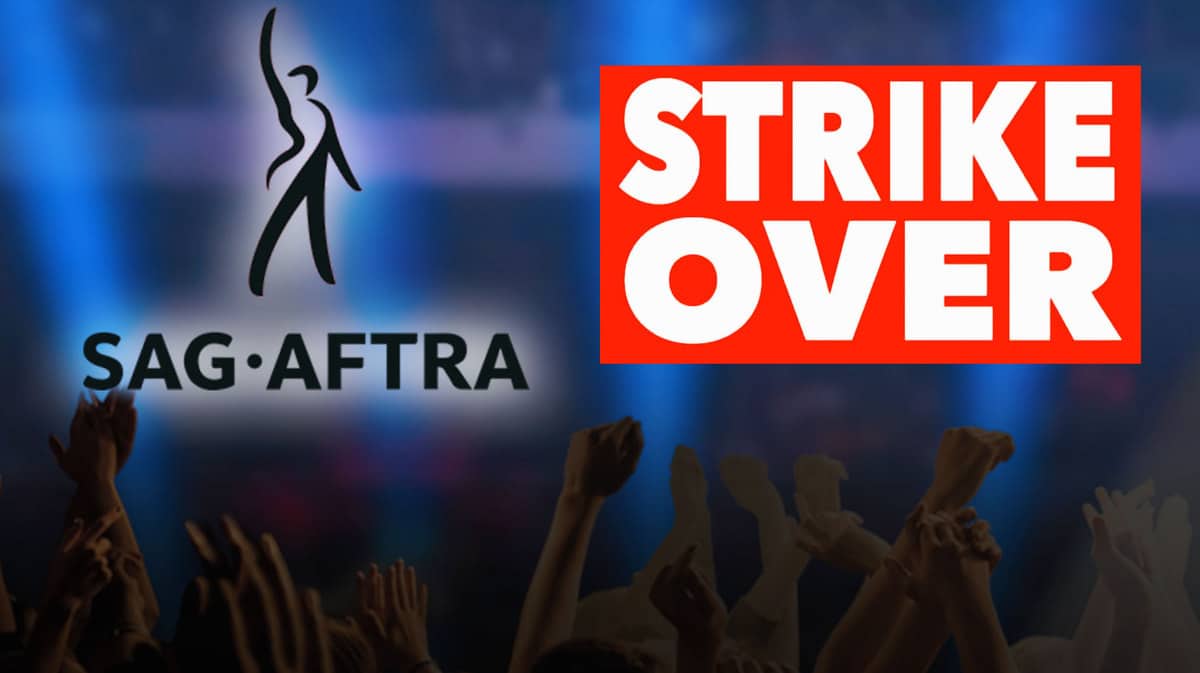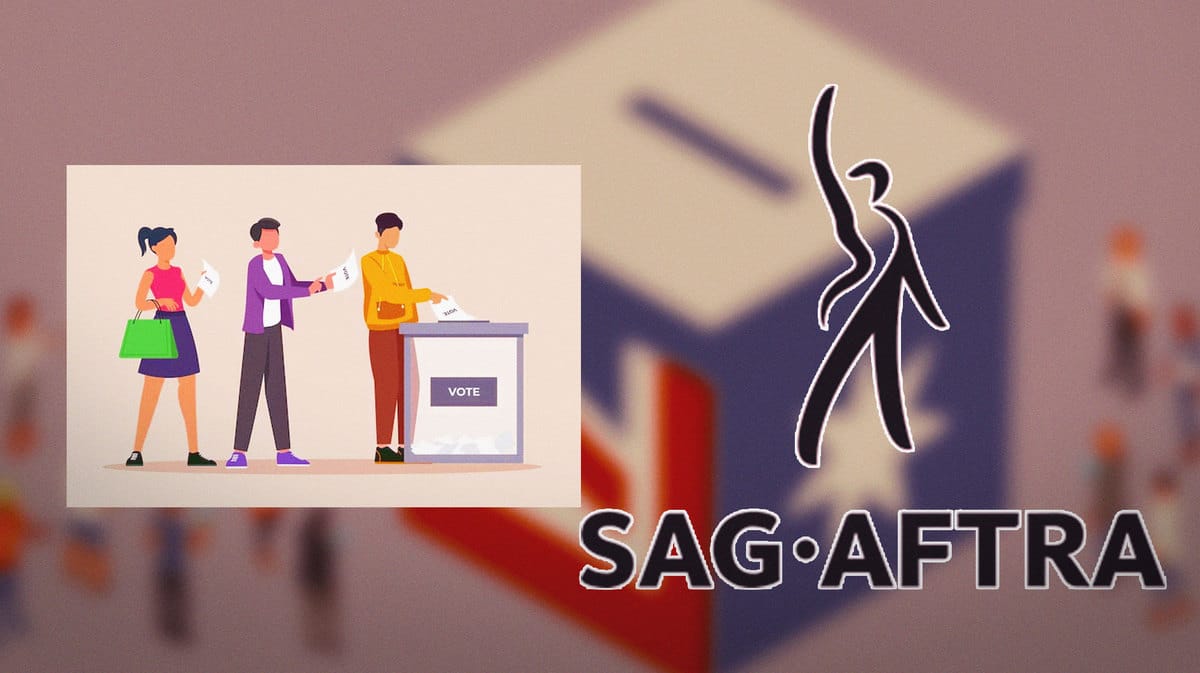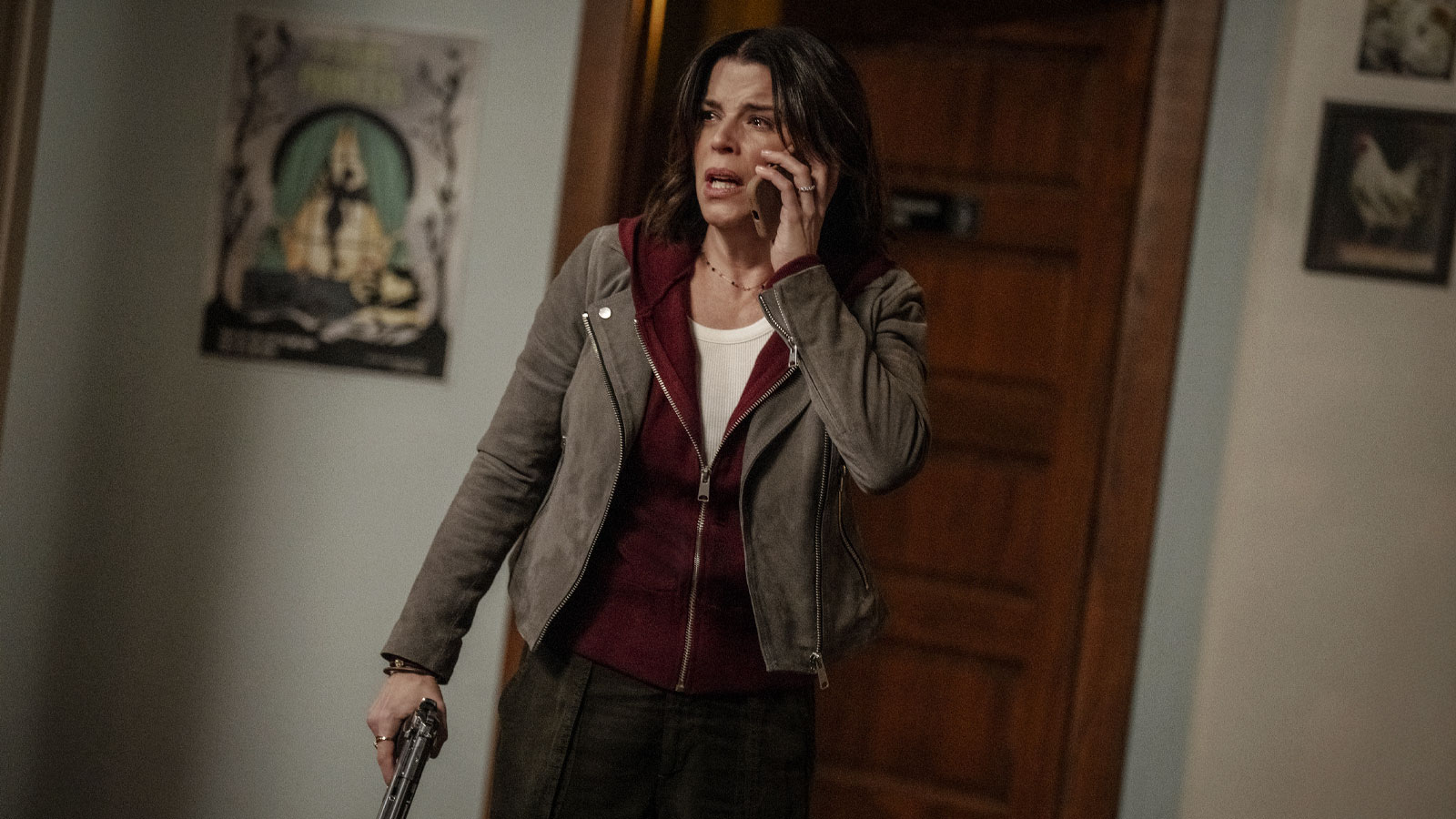More details have emerged about SAG-AFTRA's $1 billion deal, Deadline reported.
After the union's National Board voted on Friday to approve the tentative agreement with the AMPTP, the guild released more items about the deal.
An 80-page summary of the full agreement will be sent to the members of the union on Nov. 13, but it has not been made public yet. The vote to ratify the deal will start on Nov. 14 and will run through until the end of the first week of December.
SAG-AFTRA has called the tentative agreement “a landmark achievement” and highlighted the “meaningful protections” and consent with regard to the use of AI.
SAG-AFTRA's new compensation increases

During Friday's press release, the guild laid out some of the details of the deal, including increases in compensation. According to the union representatives familiar with the deal, there will be two wage increases during the first year of the contract: 7% as soon as the deal is ratified and another 4% effecting July 2024. This is a combined 11.28% first year increase.
Yet another increase will be implemented in July 2025. SAG-AFTRA claims this as breaking an “industry pattern.”
Background actors' wages will increase 11% effective Nov. 12, 2023. They will have an additional 4% raise effective July 1, 2024, and yet another 3.5% raise on July 1, 2025. The West Coast will also equal the number of covered positions as in the East Coast, projecting almost 11,000 new covered background work days per year.
Union members' contributions to the Health and Pension/Retirement funds will also see an increase due to an almost 43% increase to the contribution cap for one-hour productions. For the 30-minute productions, there will be an almost 67% increase.
These increased contributions are said to help performers working on the shows so they can continue to qualify for benefit coverage.
Creation of a SAG-AFTRA fund
The guild will also create a fund to make room for a new compensation structure for actors in streaming shows. The fund is said to provide a significant bonus in addition to the residual structure already in place.
The majority of that money will be paid to the actors on programs that meet the threshold set by the studios to determine a successful show. The rest of the money will be distributed to other actors who work on the streaming platforms.
A quick math on the pay increases mentioned by the union total to 14.8%, higher than the cumulative 13% deal negotiated by the WGA.
What is a paintdown?
Hair and makeup are also said to receive equity when it comes to diversity. Studios will now share aggregate diversity statistics, do away with inappropriate wiggings and paintdowns, access to gender-affirming care, gender neutral language and translation services.
A paintdown is when the skin of a white performer is darkened or “painted” in order for them to double for an actor of color.
The deal also includes protections for performers against sexual harassment. Intimacy coordinators will now be provided when there are scenes involving nudity and simulated sex or upon request.
Other gains included the establishing television terms when it comes to high budget made-for-AVOD (advertising-based video-on-demand) shows.
New change in auditions
The casting process will also undergo significant changes: “Breakdowns, sides and/or scripts shall be provided no less than 48 hours prior to the submission deadline (excluding weekends and holidays). This is increased to 72 hours for minors.”
Breakdowns are descriptions of the acting roles needed for the film or series. Sides are a portion of the script. Instead of the entire script, sides contain the lines and cues for specific actors or roles.
“Talent may not be asked to perform more than eight (8) industry standard pages for a first self-tape or twelve (12) industry standard pages for a second or subsequent call back. Additionally, if memorization is required, performers will be entitled to compensation.” According to Backstage.com, actors sometimes audition with 10 pages of script memorized for a single role. Auditions are also largely unpaid.
“Performers may not be requested to appear nude or while wearing attire more revealing than a bathing suit that could be worn at a public pool.” This has already been a SAG-AFTRA rule since 2020, including one that states actors should not be asked to submit nude photographs or self-tapes as part of the audition process.
However, since this has been mentioned specifically in the deal, one hopes that there will be stricter enforcement involved in the future.
Virtual auditions became a necessity during the pandemic. However, SAG-AFTRA now requires that online, remote and virtual auditions be made available on a first come, first served basis. This accommodation will also be offered to actors with disabilities, seniors and minors.
Relocation allowances will also be provided of up to $5,000 a month up to six months. There will be no cap on the number of seasons. The union said that this is a 153% increase in relocation payments.
More details are expected to be released once the guild ratifies the vote by Dec. 8 or 9.




















